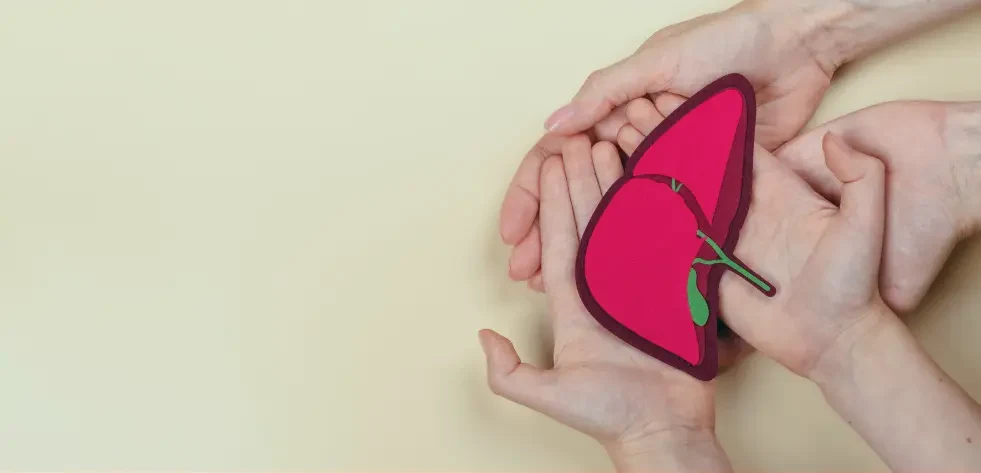Medotil's Promise: No hidden charges
Rest assured, no additional cost will be incurred from our end because your health is priceless.
Request a Free Consultation Contact Us
A living donor liver transplant involves using part of the donor’s liver that can regrow to furish a whole liver for the recipient.
Read More